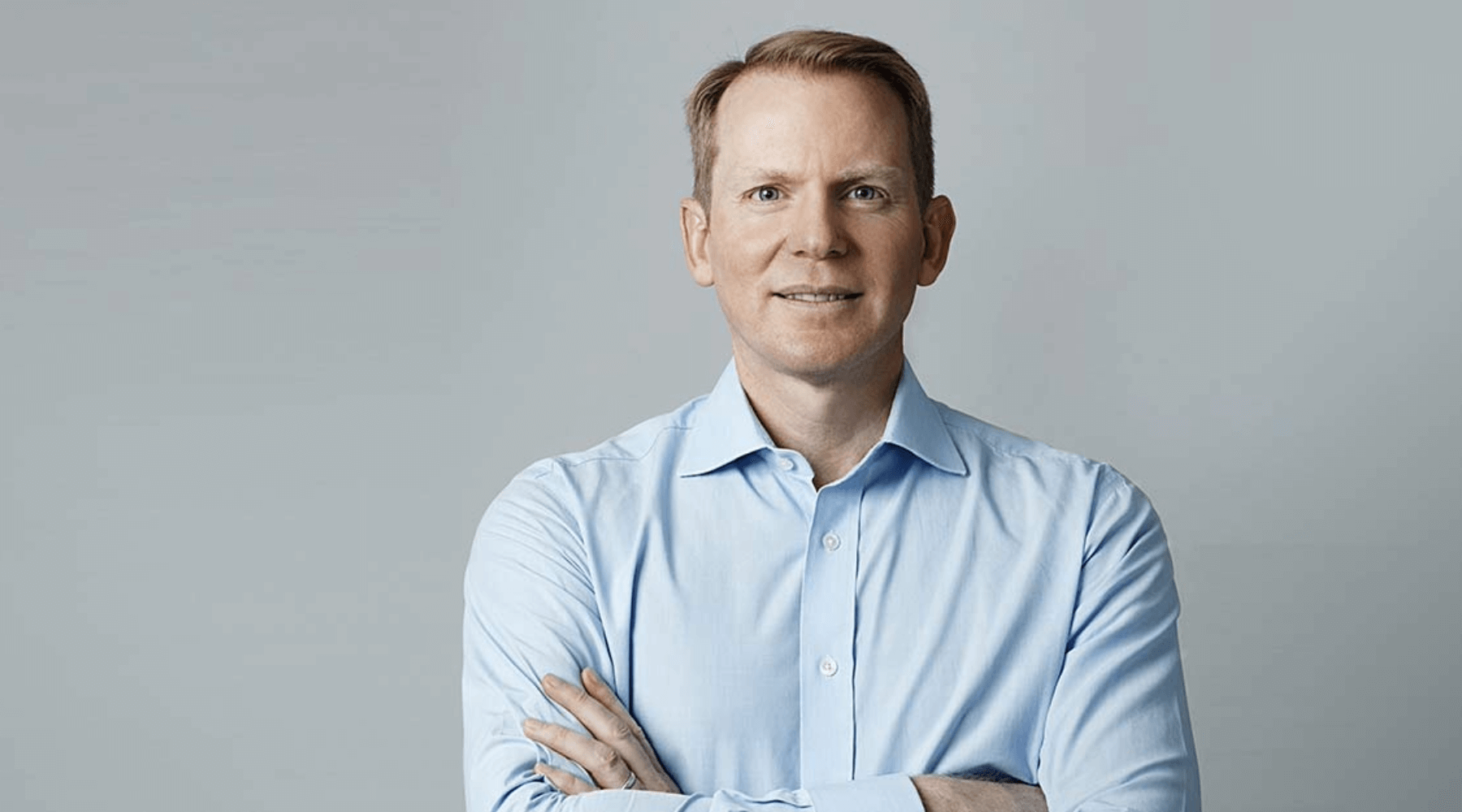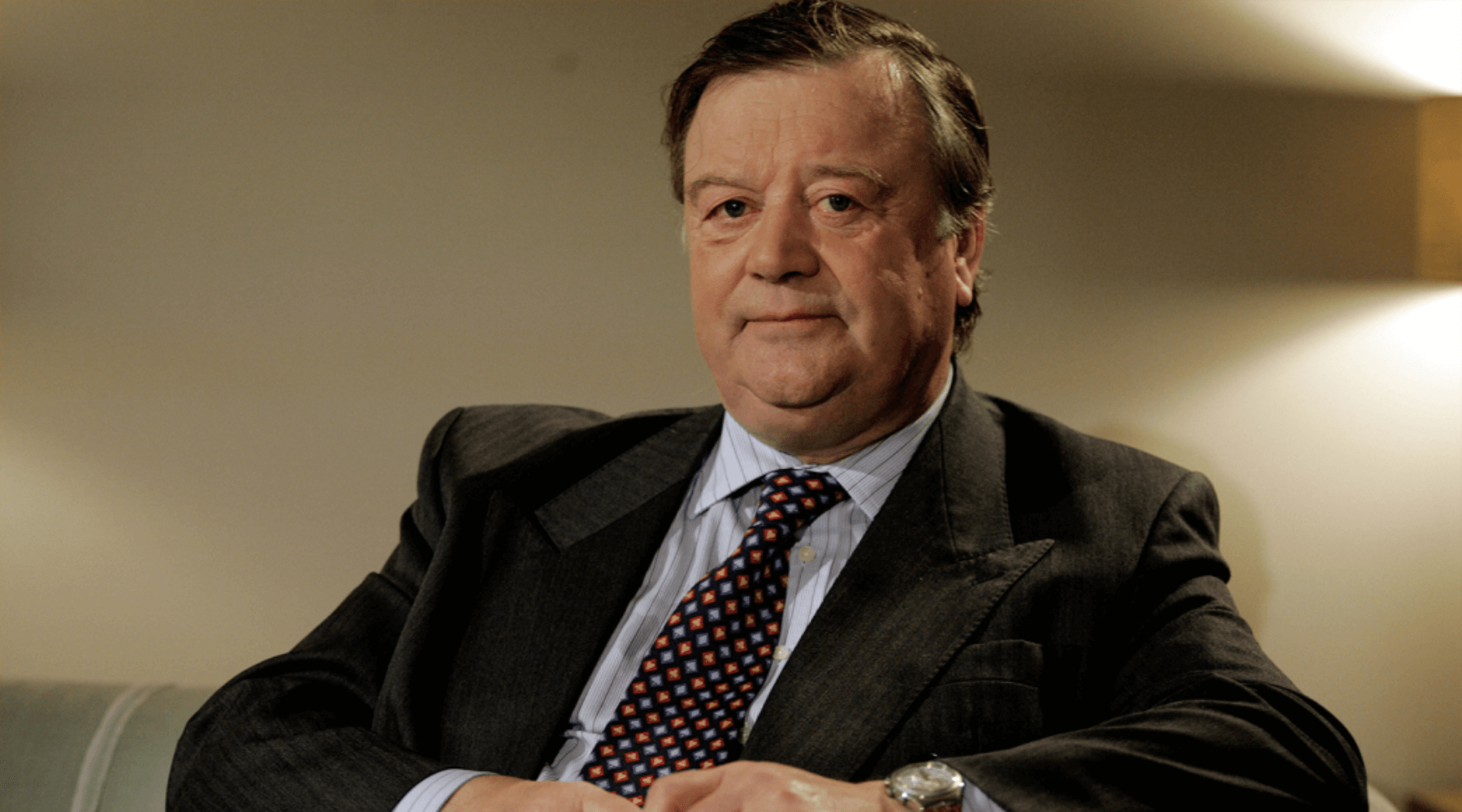Will Labour's Tax Proposals Stifle Business Growth?
Posted by Emily on 14th Oct 2024 Reading Time:
Labour's recent hint at increasing employer National Insurance (NI) contributions has sparked significant concern from business leaders, with many warning of its potential impact on jobs and investment. According to the Resolution Foundation, this move dubbed a "tax on jobs" by critics, could raise to £18 billion annually. However, business leaders and economic experts argue that this increase would negatively affect hiring and stifle economic growth.

Charlie Nunn, CEO, Lloyds Bank
The crux of the debate centres on the impact of employer NI contributions on wages and employment. Lloyds Bank CEO Charlie Nunn commented that an increase in employer NI would act as a "handbrake" on investment. He emphasised the importance of pensions and noted that 40% of the UK population is not financially prepared for retirement, underlining the need to boost pension enrolment and investment. "Anything that does the opposite would be a handbrake," he added.
Kate Nicholls, CEO of UK Hospitality, echoed these concerns, describing the potential tax increase as a "tax on jobs." She explained that such a hike would discourage businesses from hiring and expanding due to the increased costs. According to Nicholls, the higher costs associated with recruitment would make it harder for employers to take risks, thus hindering growth in sectors like hospitality, which rely on a flexible workforce.

Kate Nicholls, CEO, UK Hospitality (follow on x)
The debate comes as Labour prepares for an investment summit, with hundreds of international business leaders expected to attend. Sir Keir Starmer, the Labour leader, will use the event to present his vision for boosting Britain's economy. However, questions about Labour's potential tax policies, including possibly rising employer NI, have overshadowed the summit.
Former Conservative Chancellor Lord Clarke weighed in, arguing that Labour and the Conservatives had been "irresponsible" in the election by ruling out increases in "normal sources of tax revenue," such as income tax. He pointed out that this has left Labour in a position where they are considering "unattractive alternatives," such as the employer NI increase, which could deter job creation.

Chancellor Lord Clarke
Robert Jenrick, a prominent Conservative figure, was particularly critical of Labour's stance, labelling it as a breach of pre-election promises. "The prospect of this tax on jobs is already scaring away investors," Jenrick remarked, emphasising that Labour's high-tax policies could undermine economic confidence and deter international investment.
A key point of discussion around employer NI contributions is the concept of "economic incidence"—who ultimately bears the cost of a tax. While employers legally pay the tax, many economists argue that the burden falls on employees. This view is supported by a range of studies, including research from the Institute for Fiscal Studies (IFS), which found that approximately two-thirds of employer NI costs are eventually passed onto workers through lower wages or reduced employment opportunities.
Dan Neidle, Tax Policy Associates (follow on x)
Dan Neidle of Tax Policy Associates explained, "conventional economic theory says the burden of all employer NICs and similar payroll taxes are shifted onto workers." This argument suggests that while the tax is aimed at businesses, it could have long-term consequences for employees, including stagnating wages and fewer job opportunities.
The timing of these proposals has also raised questions about their broader economic impact. Recent Office for National Statistics (ONS) data showed that hiring levels have dropped since the pandemic, with only 56% of companies seeking to recruit new workers. Business groups, including the Confederation of British Industry (CBI), have pointed to speculation around upcoming tax changes contributing to this hiring slowdown.

Ben Jones, the lead economist at the CBI, noted that businesses are "pausing" hiring and investment decisions as they await greater clarity on the government's economic policies. "Our surveys suggest that businesses may have tapped the brakes again in September amid speculation over potential Budget announcements," Jones said. With the Budget scheduled for later this month, the uncertainty surrounding employer NI and other potential tax changes is already affecting business confidence.
The proposed increase in employer National Insurance contributions has ignited a fierce debate about its economic implications. Business leaders warn that this "tax on jobs" could stifle hiring and investment when the UK is already grappling with slow growth. As Labour moves forward with its economic plans, the challenge will be to balance raising necessary funds and ensuring that businesses remain confident in their ability to grow and create jobs.


